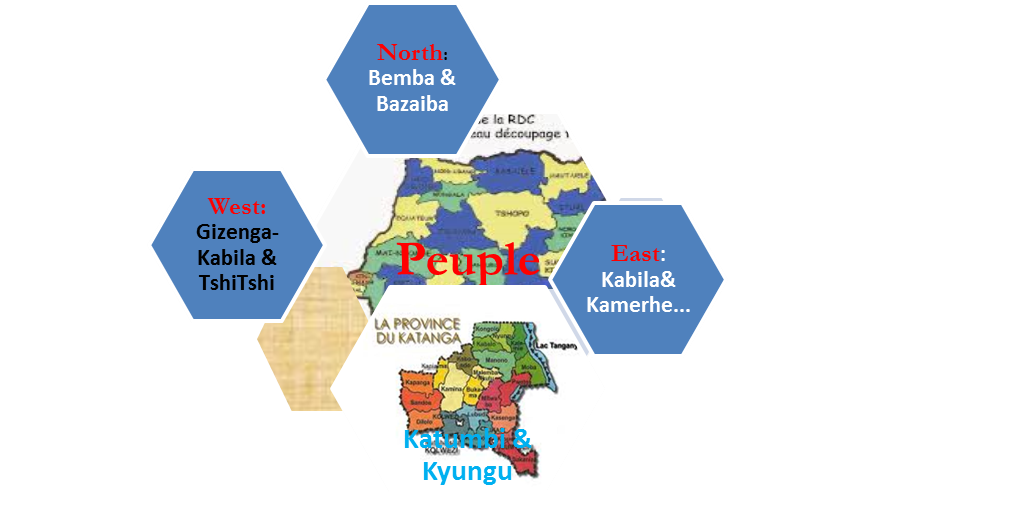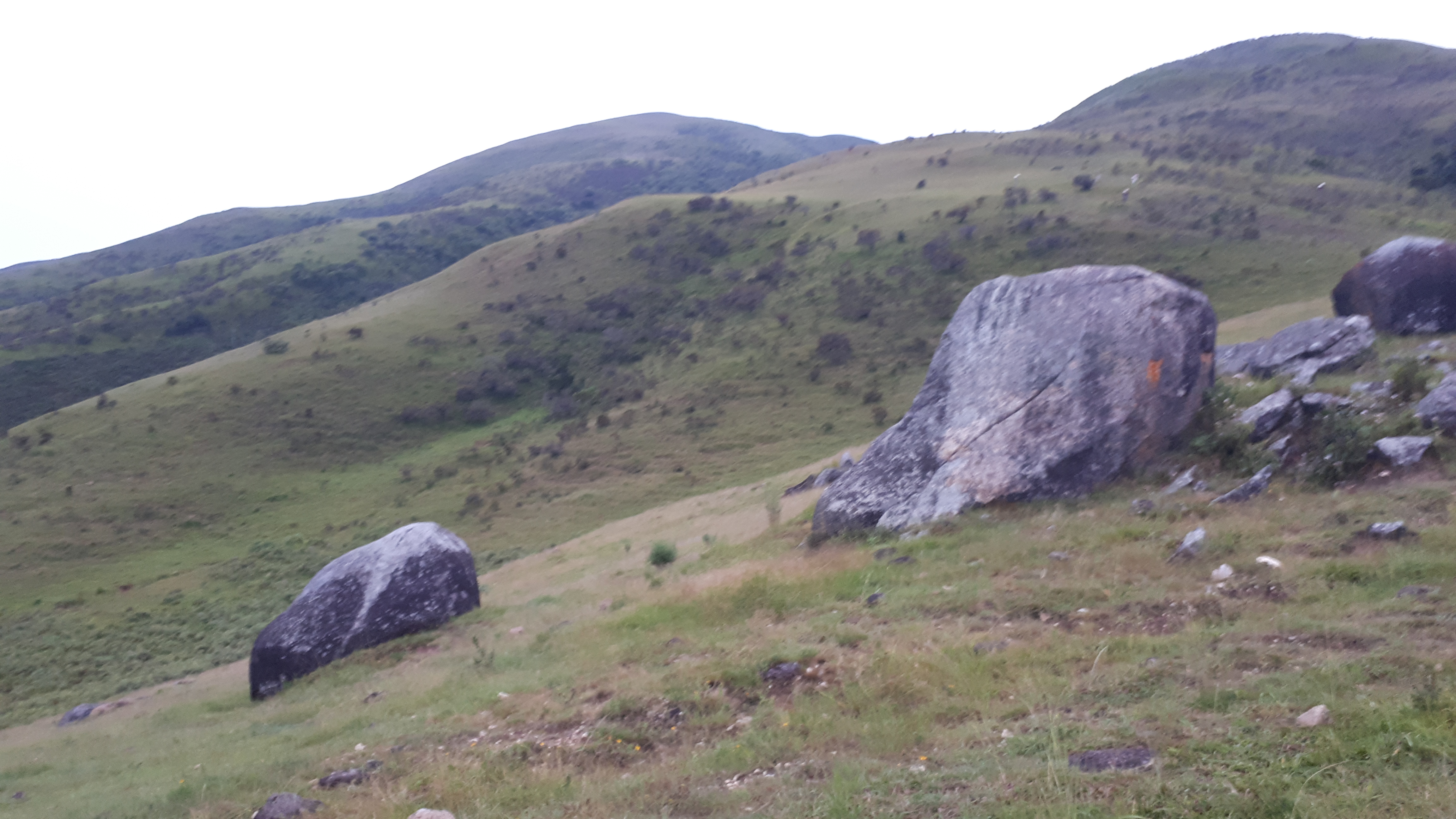
For roughly two years ago, the socio-political context in the Democratic Republic of Congo (DRC) has currently been characterized by a tiresome debate around the November Presidential and Parliamentary elections. By failing to agree by themselves, the United Nations (through the African Union: AU) has decided to lend a helping hand to DRC in order to find a political agreement, easing tensions as well as finding ways for rerunning the process.
It’s in this regards that the National & “Inclusive” Political Dialogue has been initiated; while the AU nominated the former Togolese Prime Minister, Edem Kodjo as the Facilitator. The efforts made by the Facilitator, Edem Kodjo, achieved an ‘upheaval’ step toward holding the Dialogue. The Preparatory Committee that starts on Tuesday this week would possibly finalize its sessions before the weekend. Was it a decisive step made toward a possible political agreement? The response requires to wisely looking it into the depth.
First of all, though intended to be an “inclusive dialogue”, the ongoing format of the Preparatory Committee might not fulfill some criteria as needed. The fact is that most of radical opponents to President Kabila have defied the current Dialogue’s Facilitator to the extent they’re still hesitating to participate. In addition, these opponents have withdrawn their confidence into the facilitator, demanding that he has to be replaced due to suspecting a lack of neutrality in him. Is that true or false within the #CongoPolitics? Defying and demonizing the other side has remained one of the key tools of convincing the public.
Strikingly, even though most of boycotters are largely the radical opposition, the Republican Opposition Platform of the Senate’s Speaker has had refused to partake too. While playing as the strongly ally, Kengo wa Dondo has had on the first place denied to participate during these preliminary works. The “Opposition Républicaine” claims that the dialogue has to be inclusive in order to reach a reliable agreement. Finally, the platform has announced that it’s participating to the Preparatory Committee sessions. Nevertheless, the inclusivity aspect seems losing the consistency to the level that an observer may suspect that behind all these manoeuvers, political motivations are pulling things on each side. What are then the tosses to be expected?
The constitutional struggle is as recent as the democratization process in Africa. Nonetheless, it has currently gained a momentum due to how the international community has been interested with Presidential mandates respect in Africa. The shove from the United States is among the notable leverage that these countries are facing in order to have their top positions free of eternal individuals. The Western powerful countries have been supporting people’s protest against the presidential terms violation. This has happened in Senegal, Burkina Faso etc. The people’s discontent might not be expressing the only sentiment of having presidential terms limit; rather, it widely sounds as claims of demanding better life.

Confrontation around Presidential terms limit has endangered the Burundi stability as one of the cases in the African Great Lakes Region. The crisis in Burundi has approximately been depicting and giving insight to those opposing the violation of the constitution in DRC. Though this case may slightly be different from that of DRC, it looks like the way it’s being handled will inevitably constitute a “role-model” for those opposing the President Joseph Kabila. That’s, organizing negotiations after confrontation.
These negotiations to be relocated outside of DRC for security matters might be considered as probable option on the Opposition’s table. The expectation of organizing what’s called in this article as “Second Round Dialogue” would be one of the motivations to boycotting the “Made in Kodjo” dialogue. Succinctly, the radicals are planning to exert their forces and gain the people’s support through streets demonstrations and invasions. This would mostly happen in December 2016 as they are considering the end of the formal “legitimacy” to the incumbent president. Consequently, relying on the International community support, there would be a second round of negotiations when no one is legitimate; that’s, they will be equally negotiating.
Boycotting isn’t only a sign of predicting the second round. It’s also a consequence of how the DRC political arena is shaped. It looks as widely polarized. Though yet deeply documented, the shape around the way discontents are expressed, the socio-political climate may largely predict a violent confrontation in the near future. The violence will possibly be branding regional or linguistic features. The blogger’s viewpoint doubts that, in case of violent confrontation, politicians can use all means instead of recognizing the failure.
Subsequently, Burundi won’t role model. The DRC setting predicts a confrontation of the two first large national languages; with the third one siding with the first; while the fourth remaining indifferent or a half aligning behind the second one. In the Capital City Kinshasa, the confrontation expresses a deep-seated grief around losing and recovering the power. Besides claims over socio-economic conditions lagging behind, the confrontation would disclose a kind of nostalgia confrontation. That’s opposing those willing to recover the lost power against those willing to sustain theirs gained through military campaign. Few exceptions to the rule can surface while displaying slight divergences or short term interests. Indications have shown that people oppose languages during protest rally while it was a political one.
Considering the fragile context of a post-conflict state, these large set of groups have within countless sub-groups relying on key players. These sub-groups may have divergent interests though they have to survive only behind key players. Any violent confrontation that would weaken key players has to inevitably expose these subgroups to resorting to militarize solutions. Thus, the DRC crisis has to be wisely dealt in order to find solutions that can still keep Africa stable. That is why the blogger advocates to once working on the societal cohesion than hurrying towards elections. The cohesion comes only from how people benefit from the State’s resources without these disparities we’ve been coming across. When reaching this point, it remains ease to strongly require any change and got it. Do you have any other viewpoint? PLZ, share
NTANYOMA R. Delphin
Secrétaire Exécutif & Coordonnateur
Appui au Développement Intégré &
à la Gouvernance
Twitter: https://twitter.com/Delphino12


Leave a Reply